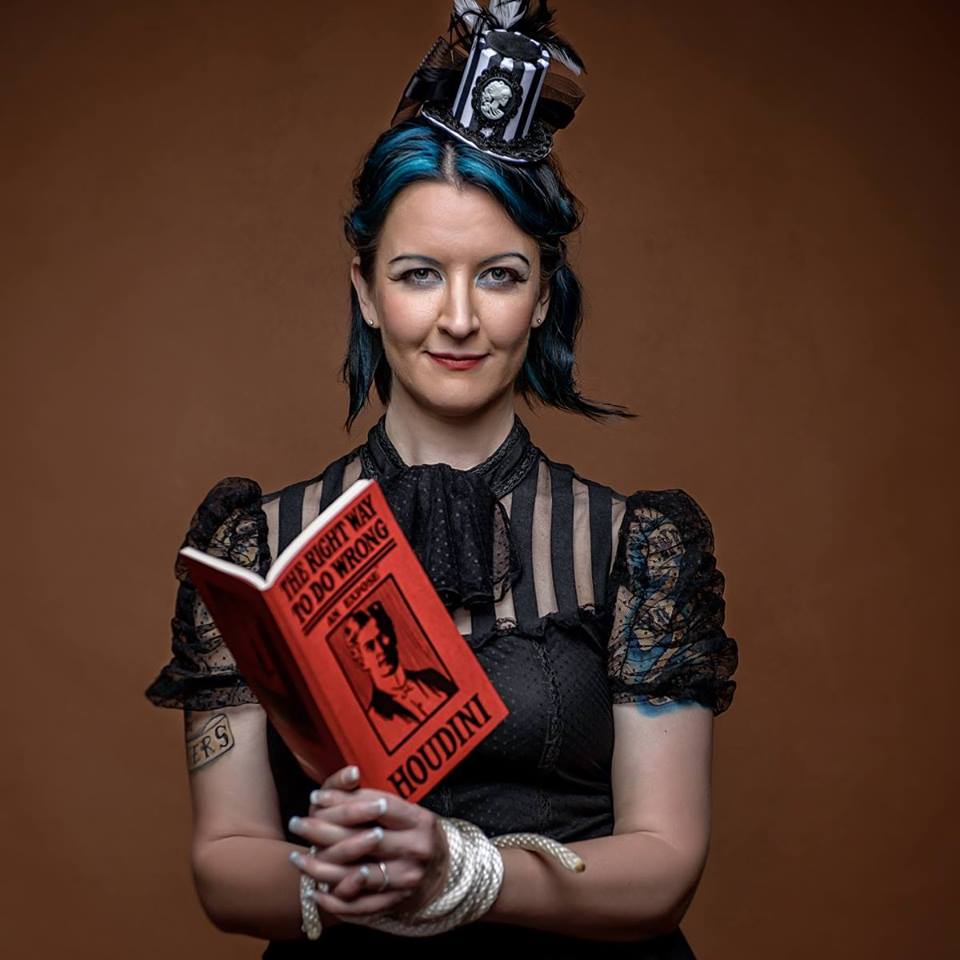I have had the pleasure of several mentoring relationships, and each shared the same element: possibility. Mentoring is all about the future, about seeing what's possible and seeing myself in a new way to allow me the chance to have those possibilities.
My relationship with my Point mentor absolutely shaped my experience - both while I was a scholar and after. It even influenced me to apply for Point in the first place - I was so excited to find out that mentoring was part of being a Point Foundation scholar. Yes, the financial support was great, but the mentoring benefit sealed it for me.
I think one of the most valuable gifts a mentor can give is to create time and space for their mentee to explore different avenues for their future - without judgment, without feeling attached to my decisions, without a sense of needing to control the outcome. For so many of us, our parents can end up treating us as extensions of themselves. If we pursue an unconventional path, they may feel compelled to dissuade us, talk us out of it. Deep down, maybe they're worried it won't work out for us. Or they worry how they will look as parents if it "doesn't work out" for us and we don't become "successful," in the way they imagined.
Having a mentor like Ron Sepielli was so nurturing and healing for me. He simply asked me what I wanted, and when I provided my answers, he would ask what it would mean to me if I could do those things. It was one of the most important spaces I had - to dream out loud with someone else who was there simply to care about me and honor my dreams. Ron was on my side, and I felt it, and that let me feel safe enough to share my dreams with him.
I am now a public health anthropologist, and I work with American Indian youth programs across the country on cultural healing, resilience, and historical trauma recovery; I got here because of Dr. Evelyn Blackwood at Purdue and her belief in me. Just knowing this was a path I could take - that it was possible and that she thought I could do it (if I wanted to) - was like a revelation to me. I barely made it through undergrad and felt relieved when I did. Graduate school seemed like something that happened to other people. I had been taught not to expect too much of myself so as not to be disappointed. I had never seen myself earning a Ph.D... but she did. Even when I tried to talk her out of it - "No, I am not this amazing person you think I am" - she trusted what she saw and eventually, I saw it too. And now I am here, and I am so grateful I met her. It's no exaggeration to say that she changed my life. It's been 20 years, and I can barely articulate how grateful I am. It gets me choked up to think about what I would have missed out on if she hadn't taken the time to encourage me to go beyond others’ expectations.
Knowing the powerful ways that mentoring has helped me, the ways it totally changed my life – that is a gift I can pass on to others. I remember feeling terrified that the toxic things I believed about myself were true. I know how it feels to worry that I'm nothing, that I'm stupid, that I'm a disappointment, that all I should come to expect from myself was getting through high school, and anything beyond that was just fooling myself. I know those messages and feelings and how they can hold us back when we're right on the edge of leaving that behind - how they try to keep us stuck where we are.
The greatest gift any mentor ever gave me was to help me keep going when I wanted to quit, when the doubts crashed in on me. Knowing this will happen to us along the way is profoundly comforting and it was important to have someone there to keep believing in me when I was sure I was a total failure. If I can do that for another person, I consider that to be a huge sign of my own growth as a human.
This post was written by former Carlos Enrique Cisneros Point Scholar and current Point Mentor Michelle Carnes
 Point Foundation supported Michelle’s doctoral fieldwork in the Public Anthropology Ph.D. program at American University. Michelle now works as a public health anthropologist in suicide prevention at the Substance Abuse and Mental Health Services Administration (SAMHSA), specializing in cultural taboos and their impact on health disparities among American Indian and LGBTQ youth. Read more about Michelle here.
Point Foundation supported Michelle’s doctoral fieldwork in the Public Anthropology Ph.D. program at American University. Michelle now works as a public health anthropologist in suicide prevention at the Substance Abuse and Mental Health Services Administration (SAMHSA), specializing in cultural taboos and their impact on health disparities among American Indian and LGBTQ youth. Read more about Michelle here.

